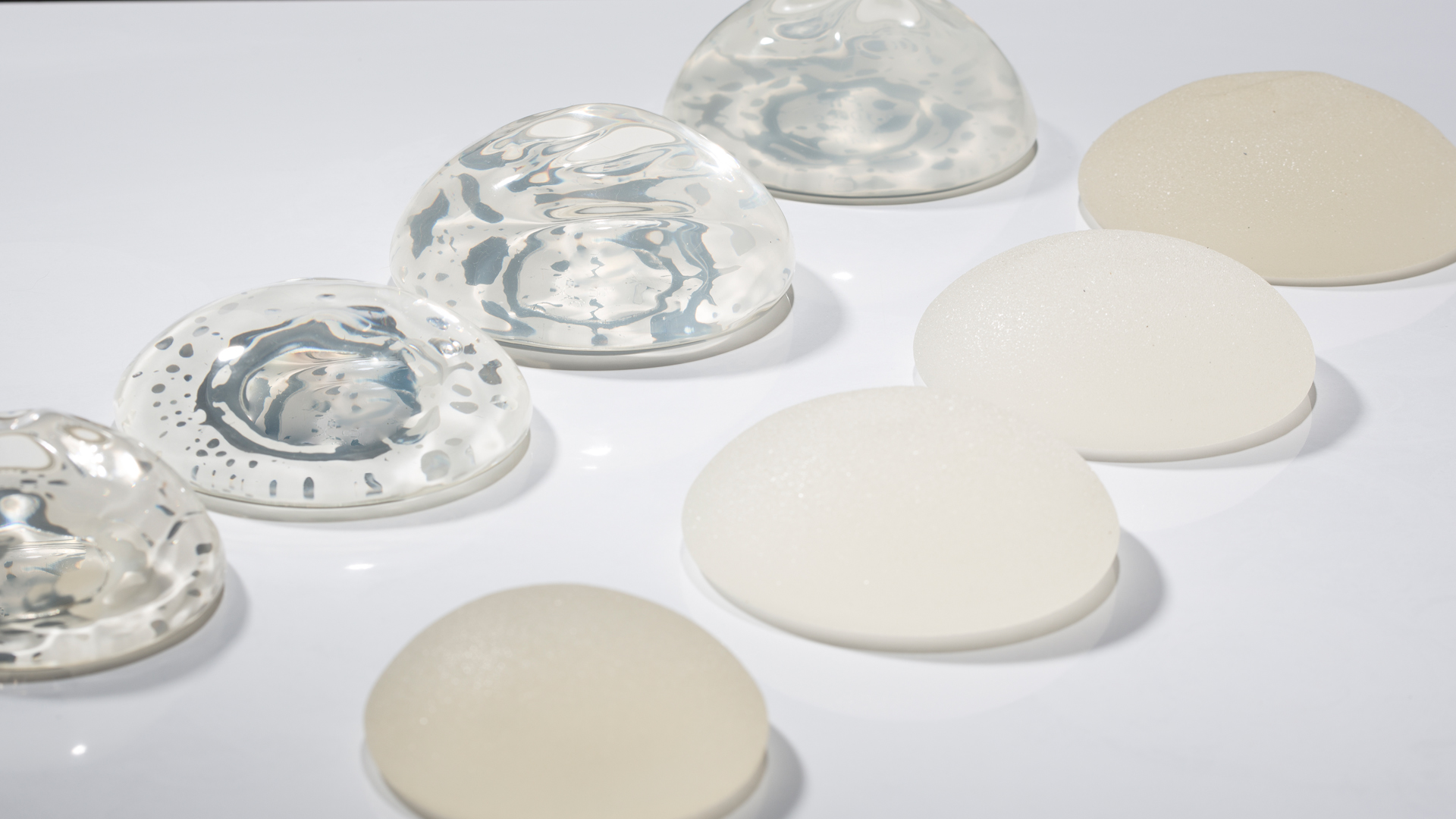Overview
The world is advancing exponentially, and technology is at the forefront of it all. Smartphones, laptops, and even “smart” houses and towns have all contributed to a radical transformation in the way we live and work. One of the latest technological trends that have taken over the world is the Internet of Things (IoT). This article will discuss the latest tech news in Pakistan, how IoT is taking over the world, especially in Pakistan, and what it means for the future of technology and society.
What is IoT?
The Internet of Things (IoT) is a network of machines, gadgets, and products that are linked to the internet and have the ability to communicate with one another. These devices range from smartphones and wearables to automobiles, home appliances, and industrial machinery. These gadgets can communicate with one another and automate and improve numerous operations thanks to the IoT network.
The Growth of IoT in Pakistan
Pakistan is a country that is rapidly embracing technology. The Pakistan Telecommunication Authority found that 47 percent of the country’s population was online as of December 2017. That works out to 100 million people. This massive increase in internet usage has paved the way for the growth of IoT in Pakistan.
The IoT market in Pakistan is expected to grow at a CAGR of 29.7% between 2021 and 2026, according to ResearchAndMarkets.com. Smart homes, smart cities, and industrial IoT are all predicted to boost the Pakistani IoT market to $1.05 billion by 2026, according to the report.

IoT Applications in Pakistan
IoT has several applications in Pakistan that transform how we live and work. Let’s check some of these applications:
Smart Homes
Smart homes are becoming increasingly popular in Pakistan, especially in urban areas. With IoT-enabled devices, homeowners can control their homes remotely, monitor energy usage, and automate various tasks. For example, they can turn off lights, adjust the thermostat, and lock doors with their smartphones.
Smart Cities
Pakistan is already spending money on “smart city” projects in an effort to better the lives of its people. These initiatives use IoT-enabled sensors and devices to collect data on traffic, air quality, and other aspects of urban life. This data is then used to optimize city services, reduce energy consumption, and improve public safety.
Industrial IoT
The industrial sector in Pakistan is also adopting IoT technologies to improve efficiency and productivity. IoT-enabled sensors and devices monitor equipment performance, detect faults, and predict maintenance needs. It helps to reduce downtime and improve the overall performance of industrial processes.
IoT and the Future of Technology
IoT will become even more prevalent in the future, and it can potentially transform every aspect of our lives. As more devices connect to the internet, we expect increased IoT applications across various industries, leading to greater efficiency, productivity, and cost savings.
The healthcare industry is one area that is expected to benefit significantly from IoT. With IoT-enabled medical devices, doctors can monitor patients remotely and collect real-time data on their health. It can lead to more accurate diagnoses, better treatment outcomes, and improved patient care.
Another area that is set to benefit from IoT is agriculture. IoT-enabled sensors and devices can monitor soil moisture, temperature, and other factors affecting crop growth. This data can be used to optimize irrigation, fertilization, and other agricultural processes, leading to higher yields and better crop quality.
The Challenges of IoT
While IoT can potentially revolutionize various industries, several challenges must be addressed. One of the most significant challenges is data security and privacy. Strong security measures are required to safeguard private information and block illegal access. Cyberattacks and data breaches are becoming more likely as the number of internet-connected devices increases.
Another challenge is the interoperability of IoT devices. With so many devices from different manufacturers and using different protocols, it can be difficult to ensure they work together seamlessly. The lack of interoperability can hinder the adoption of IoT technologies and limit their potential impact.
Finally, there is the issue of data overload. With so much data being generated by IoT devices, it can be challenging to manage and analyze it effectively. Having the right tools and technologies to process and extract insights from the data has become necessary.
Conclusion
In conclusion, IoT is taking over the world, and Pakistan is no exception. With the growing adoption of IoT technologies, significant changes will be in how we conduct business and spend our free time. However, several challenges must be addressed, such as data security and privacy, interoperability, and data overload. It is essential to address these challenges to ensure that IoT can reach its full potential and deliver the benefits that it promises.





